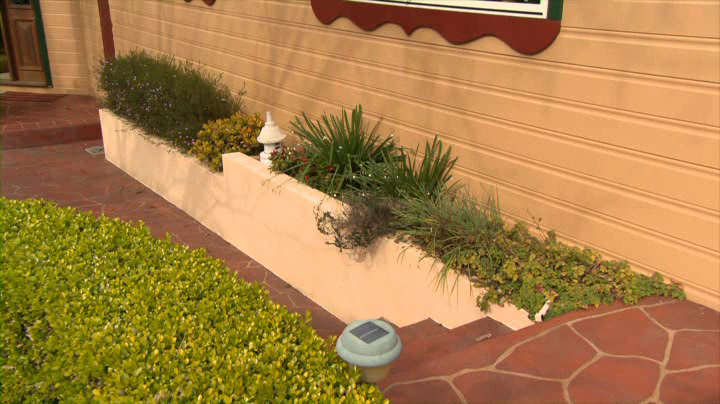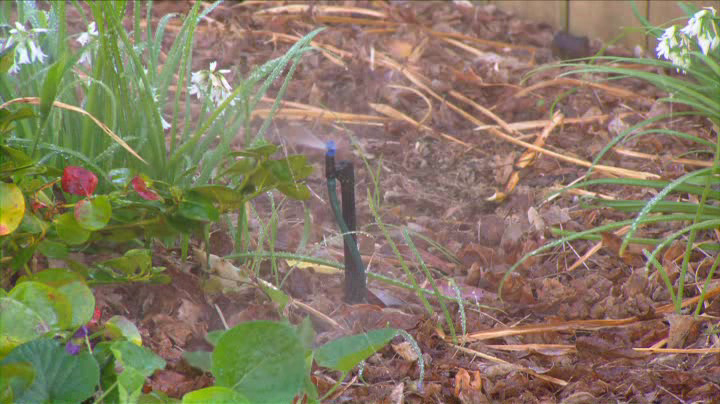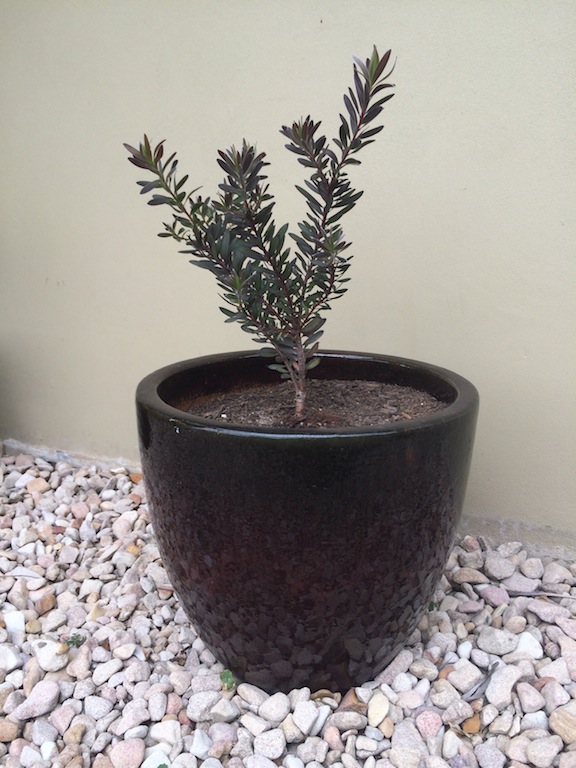Top 10 tips for a termite smart garden
/Attractive garden beds aren't always termite smart!
Everyone likes the garden beds immediately surrounding their home to look attractive, as this creates a great impression on visitors. Often these garden beds can be quite substantial in an attempt to hide the harsh edges of the building, blending the house into the surrounding environment. However, in doing so the garden beds often become very attractive to termites ….. and obviously having termites right next to your house is not a good thing!
Why are garden beds so attractive to termites?
Moisture - Termites love moisture and the continuous watering of garden beds, along with the mulch to keep the moisture in the soil, makes an ideal environment for termites.
Food – Many gardeners use wood mulch or timber edging in garden beds…. perfect termite food. Coupled with the high levels of moisture you start to create termite heaven!
Although the garden beds may be attractive to termites, their design often allows easy (and concealed) access to an even bigger food source – your house! Any garden bed design that prevents inspection of the perimeter of the building for signs of termite activity, greatly increases the risk of concealed termite attack.
Top causes for a concealed termite attack
1) Raised garden beds: soil covering the edge of the concrete slab, weep holes or soil that is above floor level are big no-nos, as termites can enter your home without being noticed.
2) Plants with big root systems: Plants with substantial root systems can provide termite highways directly under your house. They can also break through or crack brick work and foundations and allow undetected termite entry.
3) Plants/ foliage against external structure: Dense vegetation around the house creates a humid environment and can block vents and weep holes, allowing termites to get in unnoticed.
So, what are the top 10 tips termite smart garden?
Don’ts:
Do not build up garden beds over the edge of the concrete slab or cover termite protection systems and keep them below floor level
Do not cover weep holes or air vents with soil, mulch, plants or vegetation
Do not use an in-ground watering system
Do not use wood mulch near the house
Do not use timber for garden edging
Do not use plants with extensive root systems
Watering systems and wood mulch around the building create "termite heaven"
Do's:
Plants in pots and non-timber mulch make the home perimeter far less attractive to termites
Plants: Ideally use plants in pots. Alternatively use plants that have low water requirements and limited root system
Mulch: Stones or gravel are the best mulch. If you insist on timber mulch, make sure it has been pre-treated with insecticide or is a termite resistant wood, such as cypress pine (and get regular inspections
Edging: Non-timber options are preferred. If timber is used, make sure it is H4 treated timber
Get regular professional termite inspections (at least once a year)
Having a termite smart garden around your home may restrict your design options but you can still come up with some creative, attractive designs. Everyone wants a good-looking house, but with termite attack 12 times more likely than fire….. and termite damage not being covered by most home insurance, it’s worth a little compromise to protect your most valuable asset.
A word of caution; most landscape gardeners are not aware of the termite risks or the building regulations / guidelines that apply to gardens, paths, driveways and decks. Garden design options can vary depending on construction type and whether any termite management systems have been incorporated into the building construction. Many a termite attack has been caused by additions by landscape gardeners and builders. So it may be a strange recommendation, but before you start digging have a chat with a trusted pest professional from Gold Coast Pest Services.








